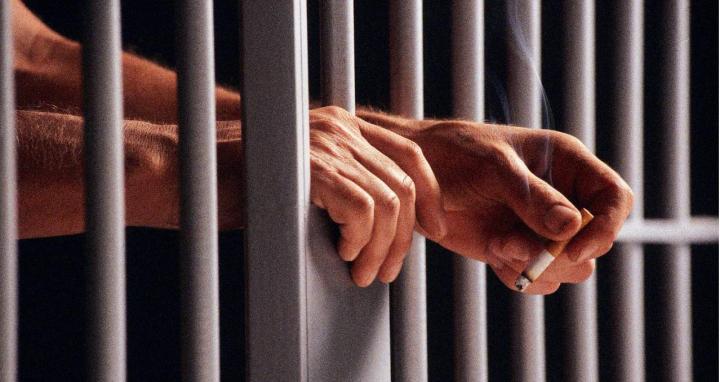
The notion of education for inmates is one that makes both financial and ethical sense. Currently, over 70 percent of inmates cannot read above a fourth grade level, but it has been shown that inmates who receive education while in prison are 43 percent less likely to become repeat offenders. Moreover, inmates who take part in correctional education give themselves a 13 percent higher chance of getting a job when compared to their peers, and ultimately, education programs can save prisons between $8,700 and $9,700 per inmate.
Last November, the company launched Lantern, an education platform that utilizes a learning management system to host facility-approved content. But more recently, JPay has also deployed free KA Lite educational videos into correction facilities, both of which are free to inmates.
KA Lite is an open-source offline software from Learning Equality that allows inmates access to the world-class educational content from Khan Academy. With KA Lite, inmates are given the opportunity to choose from thousands of videos, download them (for free), and then sync the videos onto their tablets so they can learn at their own pace, on their own time. Currently, JPay remains the only company equipping inmates with the potentially transformative tool of education by way of KA Lite. More than 325,000 KA Lite videos have been downloaded in 50 facilities since JPay began offering the free educational videos, with more locations scheduled to adopt KA Lite throughout the year.
“We designed KA Lite for anyone who lacks access to high-quality educational resources, including inmates who might benefit the most from what we regard as a universal right,” said Elizabeth Vu, Implementations Lead for Learning Equality.
“As we expand access to educational content, the Georgia Offender Alternative Learning (G.O.A.L.) devices continue to improve the prospects for offenders to successfully reenter society,” said Dr. Buster Evans, Assistant Commissioner of Inmate Services in Georgia. “We know that education is the foundation upon which these men and women can build their future, and the addition of this content can make that foundation even more solid.”
Currently, JPay serves over 1.9 million offenders and parolees in 34 states, seeking to modernize processes and increase intelligence capabilities for correction facilities, which ultimately benefits our society as a whole.
“Our infrastructure creates access to thousands of inmates, and we’re utilizing that connection to give them free education,” said Ryan Shapiro, CEO of JPay. “KA Lite’s unique offline model gives facilities the peace of mind of security, and provides inmates with educational resources that were previously inaccessible. The goal is to reduce recidivism; education can do that.”


